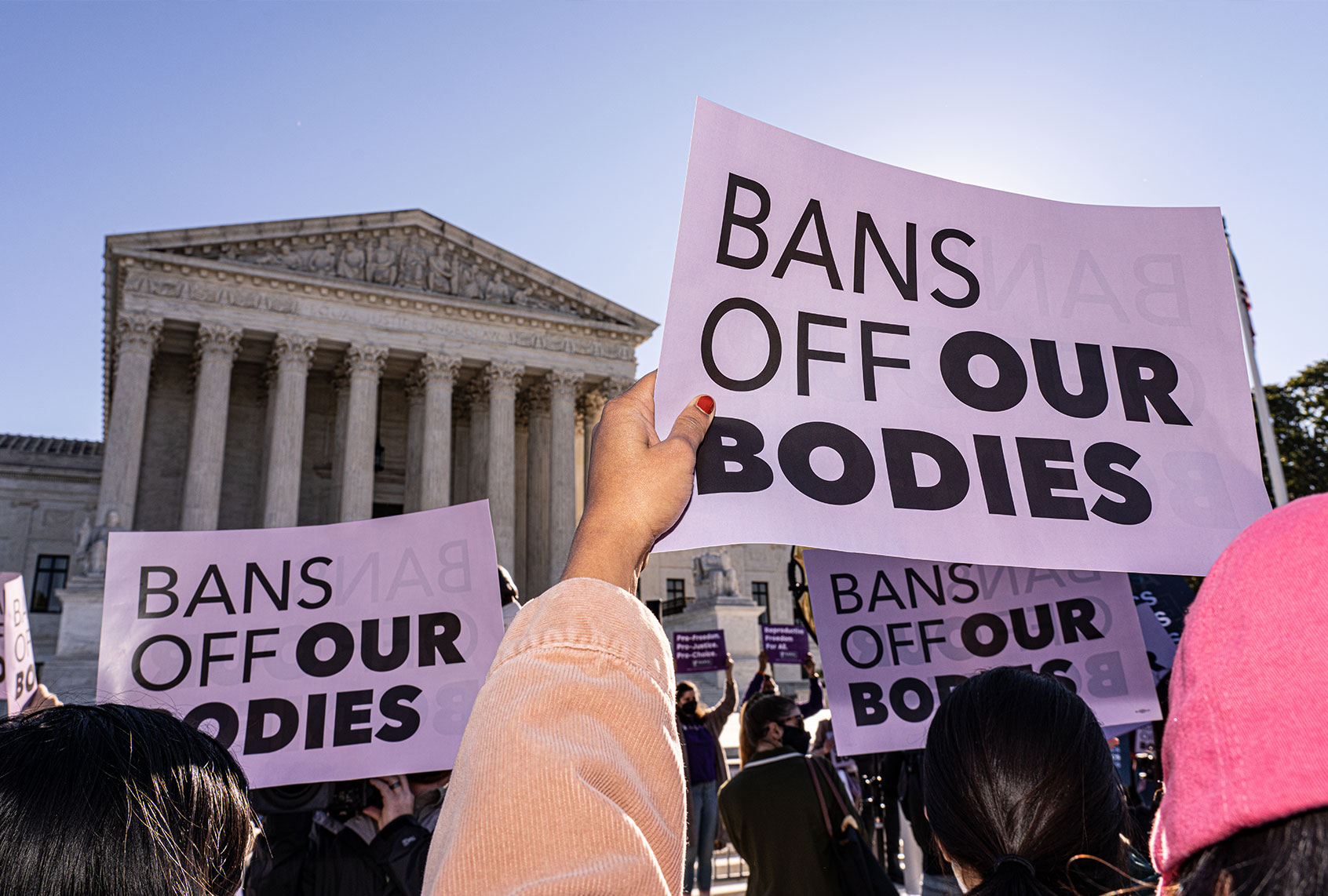To say that America is divided on the abortion question is to say that Americans are divided in their beliefs. These beliefs are held with great passion and they are asserted as certainties. But the certainties oppose one another, and it is the diversity of sincerely held beliefs that needs protection from the Court.
Three points merit attention.
First: At stake on the question of non-therapeutic abortion are beliefs about fetal humanity. While species membership is in fact established at the moment of conception, fetal humanity is a philosophical and moral question, not a question science is competent to decide. That a certain point in biological development determines fetal humanity will always be a matter of belief, not science, and such beliefs will be arbitrary beliefs at that.
Second, people of goodwill disagree on questions related to fetal humanity, so such beliefs, as is often the case, will reflect a diversity of viewpoints. On this issue the diversity pertains to the point when the moral community decides to confer on a developing form of life a right to life.
Third. The beliefs about fetal humanity are either explicitly religious or otherwise grounded in non-scientific beliefs akin to religious beliefs. As such they deserve protection under the First Amendment.
RELATED: I’m a philosophy professor. The argument for making abortion illegal is illogical
In the current challenge to abortion rights, the original Roe decision is very much front and center. The Roe decision presents in a short space a diversity of philosophical and religious opinions on the question of fetal humanity, including stoic beliefs and a diversity of views on the possibility of abortion within Judaism and Christianity. Rarely mentioned in discussions about Roe is the strain of humility that runs through Justice Blackmun’s review of these religious and philosophical viewpoints. For that one must turn to this comment: “We need not resolve the difficult question of when life begins. When those trained in the respective disciplines of medicine, philosophy, and theology are unable to arrive at any consensus, the judiciary, at this point in the development of man’s knowledge, is not in a position to speculate as to the answer.”
At this point the Court turned away from trying to decide the philosophical and even theological issues associated with fetal humanity and focused attention on the pregnant woman and the need to protect her health, rights and interests. Appealing to privacy, Roe concluded by offering those protections to the pregnant woman until the third trimester, when relevant interests expanded to include the state and the developing form of human life.
Constitutional conservatives lambasted Roe for its appeal to privacy when the Constitution takes no explicit note of it. There are more explicit constitutional grounds for endorsing abortion rights, however, and they are to be found in the two religious clauses of the First Amendment: the non-establishment of religion and the free exercise of religion.
Want a daily wrap-up of all the news and commentary Salon has to offer? Subscribe to our morning newsletter, Crash Course.
The Roman Catholic magisterium is on record opposing all abortions and hold to the view that a fertilized egg is sacrosanct and cannot be destroyed. Not all Catholics hold to this view: consider the group Catholics for Choice. Orthodox Jews would oppose abortion, but Reconstructionist and Reform Jews generally support abortion rights. Protestant Christians can be found both affirming and denying choice.
RELATED: There is nothing godly about outlawing abortion — and Texas’ law is particularly un-Christian
What this diversity indicates is that religious people hold beliefs about fetal humanity that both support and oppose abortion rights. Those beliefs are integral to essential religious affirmations. If the Supreme Court were to hand down a decision that sanctioned in law fetal humanity at some point prior to viability, the Court would be taking governmental action to establish a belief that contradicts those who in the free exercise of their religion deny that belief. The Court in effect would be establishing a religious belief in violation of the establishment clause while at the same time preventing the free exercise of religion.
The religious protections housed in the First Amendment provide a strong and explicit constitutional foundation for abortion rights (and even for privacy claims since citizens have a right to keep religious beliefs private). The strongly held beliefs avowed with certainty on both sides of the abortion debate are not scientific facts but philosophical, theological and moral viewpoints that must compete in the marketplace of ideas. Were the religious protections of the First Amendment to ground abortion rights societal peace might be forthcoming on this most divisive of issues.
More stories about the fight to preserve abortion rights:
- Evangelical theology is what made the Texas abortion outrage possible
- Even if the U.S. did support mothers — and it doesn’t — there will always be a need for abortion
- Hillary Clinton was right about the “deplorables” — and about the end of Roe v. Wade


